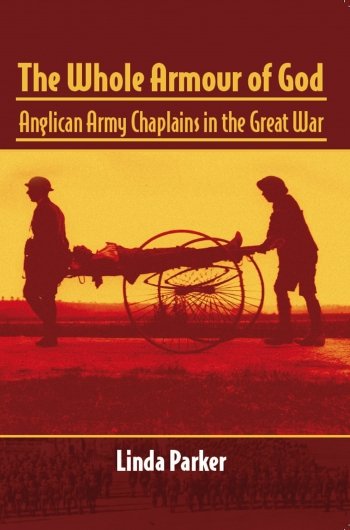-
Załączniki bezpieczeństwa
Załczniki do produktuZałączniki dotyczące bezpieczeństwa produktu zawierają informacje o opakowaniu produktu i mogą dostarczać kluczowych informacji dotyczących bezpieczeństwa konkretnego produktu
-
Informacje o producencie
Informacje o producencieInformacje dotyczące produktu obejmują adres i powiązane dane producenta produktu.HELION
-
Osoba odpowiedzialna w UE
Osoba odpowiedzialna w UEPodmiot gospodarczy z siedzibą w UE zapewniający zgodność produktu z wymaganymi przepisami.
The Whole Armour of God examines and reassesses the role of the Anglican army chaplains in the Great War. The tensions and ambiguities of their role in the trenches resulted in criticism of their achievements. As with other groups such as army generals, the chaplains were given a bad press in the general disenchantment and iconoclasm of the 1920's and 30's. Popular literary figures such as Robert Graves and Siegfried Sassoon were particularly scathing and spoke to a wide audience. This book seeks to readdress the balance by using the words and actions of the chaplains themselves, interwoven into the events of the war, to show that many strove valiantly to bring the reality of God to the troops in the maelstrom of war. They gave a great deal of thought to the often conflicting demands of providing for the material and social needs of their men and maintaining their more spiritual role. It explains how they overturned orders and won the right to be with the troops in the front line. It tries to judge the chaplains by the ideas and standards of the time. In February 1919 the Army Chaplains Department was awarded the accolade of being made the Royal Army Chaplains Department in recognition of its work in the war. There is compelling evidence that subsequently the Chaplains have been judged too harshly. The Whole Armour of God argues that the Anglican Chaplains should be given their rightful place in the history of the Great War.








